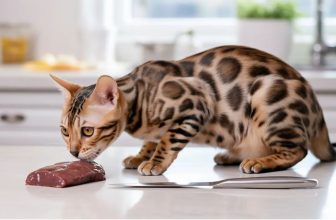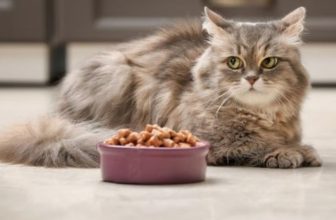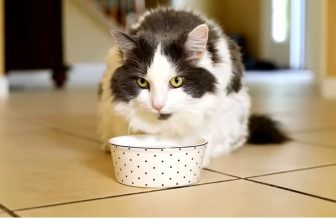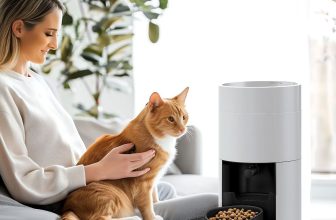Can Cats Eat Mustard? Unveiling the Truth
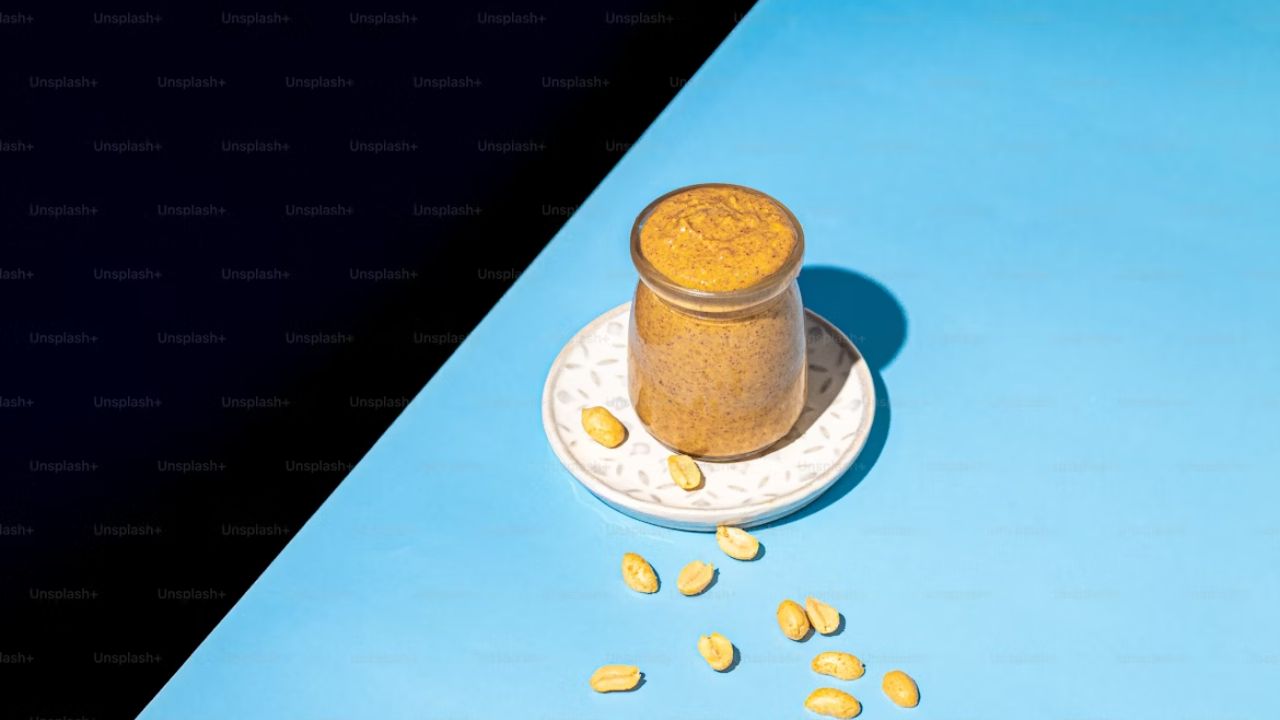
Have you ever caught your curious cat sneaking a taste of something unexpected? As a cat owner, you know that your furry friend has a knack for exploring every nook and cranny, especially when it comes to food.
Mustard, with its vibrant color and pungent aroma, might just capture your cat’s interest. But before you let your feline indulge in this tangy condiment, you might wonder, “Can cats eat mustard? ” We’ll dive into the surprising facts about cats and mustard.
You’ll discover whether this common household ingredient is safe for your pet or if it poses a potential hazard in plain sight. Understanding what’s best for your cat’s health is crucial, and the answers might not be what you expect. Get ready to uncover the truth and ensure your cat stays happy and healthy. Keep reading to find out all you need to know!
Cats And Mustard
Cats are curious creatures. They often sniff around the kitchen. Owners might wonder about cats eating mustard. Is it safe? Mustard is a common condiment in many homes. Understanding its effects on cats is important. Let’s explore this topic further.
Is Mustard Safe For Cats?
Mustard is not toxic. But it’s not recommended for cats. It contains ingredients like vinegar and spices. These can upset a cat’s stomach. Some cats may experience vomiting or diarrhea after eating mustard. It’s best to avoid giving mustard to your feline friend.
Potential Risks Of Mustard For Cats
There are several risks. Mustard seeds contain compounds. These can be harmful in large amounts. Ingesting mustard can lead to digestive issues. Cats may feel discomfort or pain. Allergic reactions are also possible, though rare. Always keep an eye on your cat if it accidentally eats mustard.
What To Do If Your Cat Eats Mustard
Stay calm. Observe your cat for any signs of distress. Watch for symptoms like vomiting or lethargy. If these occur, contact a vet immediately. It’s always best to seek professional advice. Keeping mustard out of reach can prevent such incidents.
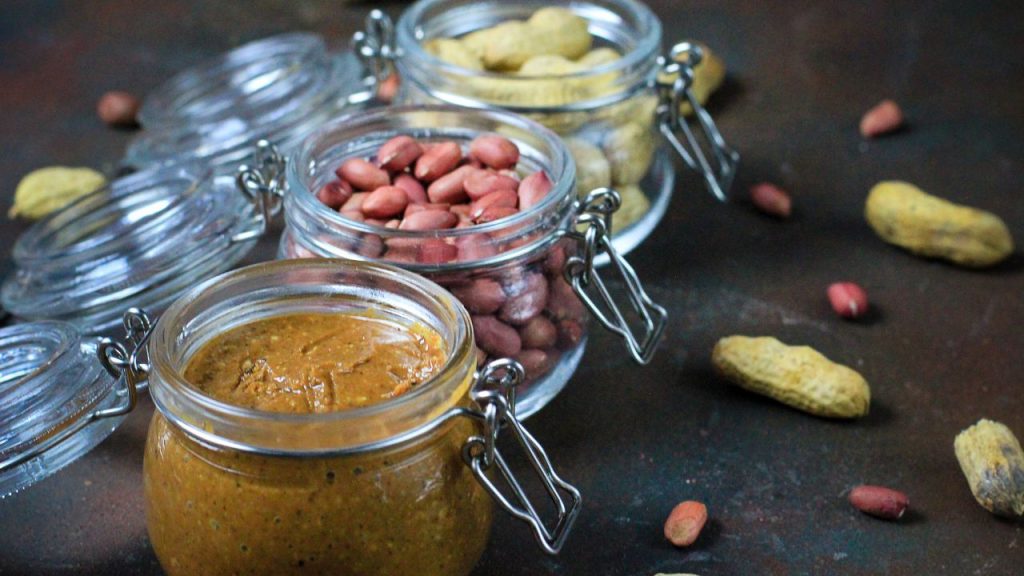
Safe Alternatives To Mustard For Cats
There are safer options for treating cats. Consider these alternatives:
- Cooked chicken – a simple and safe choice.
- Plain fish – always without seasoning.
- Catnip – offers joy without harm.
- Commercial cat treats – formulated for feline health.
These options are healthier. They provide nutrients without risks. Always choose the best for your pet’s well-being.
Nutritional Needs Of Cats
Cats are curious creatures. They might sniff and taste human foods. Mustard, a common condiment, may catch their interest. It’s important to know whether mustard is safe for them. Understanding their nutritional needs helps us make better choices.
Proteins And Fats
Cats need a lot of protein. It helps them grow and stay healthy. Fats are also important. They provide energy and support their skin and coat.
Vitamins And Minerals
Vitamins and minerals are crucial for cat health. They need vitamin A for vision and calcium for strong bones. Lack of these can lead to problems.
Hydration
Water is vital. Cats need to stay hydrated. Dry food might not provide enough water. Ensure they have access to fresh water.
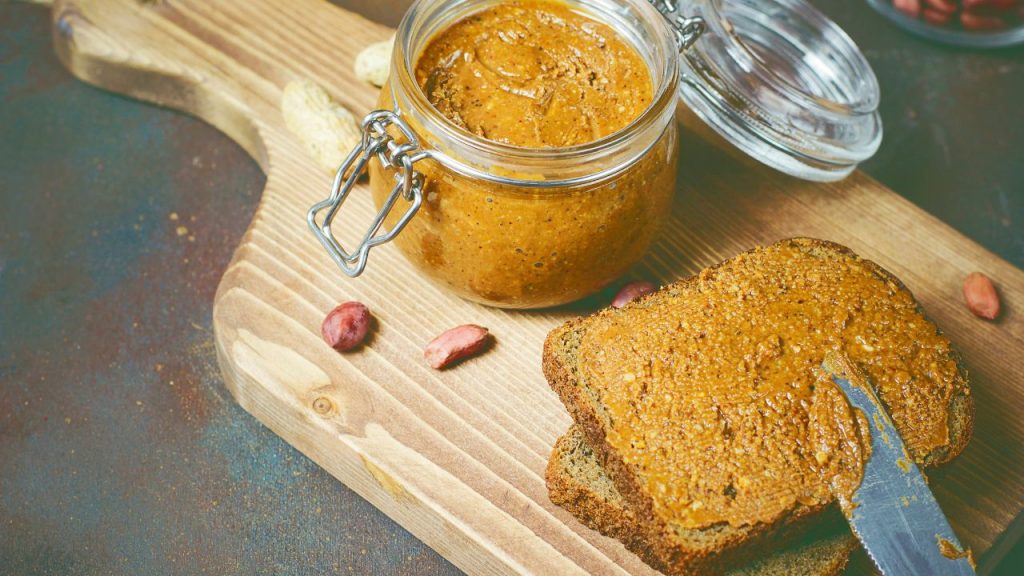
Ingredients In Mustard
Many pet owners wonder about the safety of human foods for cats. Mustard is a common condiment found in many households. But is it safe for cats to consume? Understanding the ingredients and potential effects on feline health is crucial. This guide examines whether cats can safely eat mustard and what the implications might be for their health.
Common Ingredients
Mustard is made from a variety of ingredients. Most mustards contain mustard seeds, vinegar, salt, and spices. Some types may include sugar, honey, or other additives.
Potential Risks For Cats
Mustard seeds can be harmful to cats. They may cause stomach upset or more serious issues. Vinegar and spices might also irritate a cat’s stomach.
Different Types Of Mustard
There are several types of mustard available. Yellow mustard is the most common. Dijon mustard and spicy mustard are also popular. Each has a different flavor and ingredient composition.
Safe Practices
- Always consult a vet before introducing new foods.
- Monitor your cat for any signs of discomfort.
- Keep human foods out of reach of pets.
Potential Risks Of Mustard
Cats are curious creatures, often exploring their surroundings and tasting new things. Owners might wonder if it’s safe for their cats to eat mustard. Mustard is a common condiment found in many homes. It can be tempting for cats to try it. Yet, it’s important to understand the potential risks involved. Mustard can pose health hazards to cats if ingested. In this blog, we’ll explore the potential risks of mustard for cats.
Toxicity Levels
Mustard can be harmful to cats due to its ingredients. It contains compounds that might upset a cat’s stomach. For instance, mustard seeds can be toxic to cats. They can cause vomiting or diarrhea. Cats have sensitive digestive systems. Even small amounts of mustard can lead to discomfort.
Consider the following risks:
- Digestive issues: Vomiting and diarrhea are common symptoms.
- Gastrointestinal irritation: Mustard can inflame a cat’s stomach lining.
- Allergic reactions: Some cats may have severe allergies to mustard.
These symptoms can vary in intensity. It’s important to monitor your cat if it consumes mustard. Contact a vet immediately if symptoms appear.
Allergic Reactions
Allergic reactions to mustard in cats can be serious. Cats may exhibit signs of distress after consuming mustard. These reactions can occur quickly. They can include skin irritation or respiratory issues.
Common allergic reactions include:
- Itchy skin: Your cat might scratch or groom excessively.
- Swelling: Look for swelling around the face or paws.
- Difficulty breathing: This is a severe reaction and needs immediate care.
If you suspect an allergic reaction, it’s crucial to act fast. Take your cat to the vet to ensure proper treatment. Avoid giving mustard to cats to prevent these reactions.
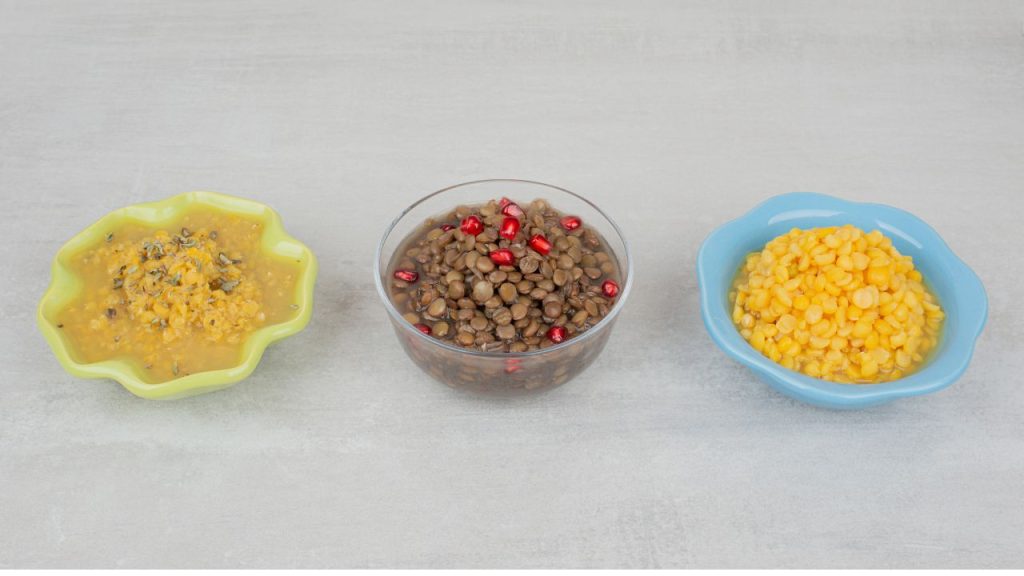
Symptoms Of Mustard Ingestion
Many pet owners wonder about the safety of human foods for their furry friends. Mustard is a common condiment found in many households. While it adds flavor to dishes, it may not be safe for cats. Cats have different dietary needs than humans. Some foods can be harmful to them. Understanding the effects of mustard ingestion is crucial for keeping your cat healthy.
Digestive Issues
Mustard can cause digestive problems in cats. They may experience vomiting or diarrhea. These are signs that their stomach is upset. Watch for changes in your cat’s bowel movements. It might indicate an issue.
Allergic Reactions
Some cats might have allergic reactions to mustard. Skin irritation or redness can appear. Observe your cat’s skin for any unusual changes. Contact a vet if you see symptoms.
Respiratory Problems
Respiratory issues can occur after mustard ingestion. Difficulty breathing is a serious symptom. This requires immediate attention from a vet. Never ignore breathing changes in your cat.
Lethargy And Weakness
Lethargy and weakness can be signs of mustard ingestion. Your cat may seem tired or less active. Monitor energy levels closely. Call your vet if the behavior persists.
Safe Alternatives For Cats
Cats are curious creatures. They love exploring everything around them. Sometimes, they end up tasting things that are not good for them. Mustard is one of those things. It might not be safe for cats. It contains ingredients that can upset their stomach. Exploring safe alternatives is important for keeping your cat healthy.
Plain Cooked Chicken
Plain cooked chicken is a great treat for cats. It is rich in protein. Protein helps with energy and growth. Make sure the chicken is cooked well. Avoid seasoning. Spices and salt can harm your cat.
Cooked Fish
Cooked fish is another safe option. Fish contains omega-3 fatty acids. These are good for your cat’s coat and skin. Cook the fish thoroughly. Avoid raw fish. It might contain harmful bacteria.
Cat-specific Treats
Pet stores offer cat-specific treats. These are designed for cats. They contain nutrients cats need. Choose treats with natural ingredients. Read the labels. Ensure there are no harmful additives.
Vegetable Options
Some vegetables are safe for cats. Try offering cooked carrots or peas. These can provide vitamins and minerals. Serve in small amounts. Cats don’t need many vegetables.
Importance Of Hydration
Hydration is crucial for cats. Fresh water should always be available. Cats need to stay hydrated. Wet cat food can also help. It provides both nutrition and hydration.
Consult A Vet
If unsure about foods, consult a vet. A vet can offer advice on safe foods. They can guide you on your cat’s diet. Professional advice is always a good option.
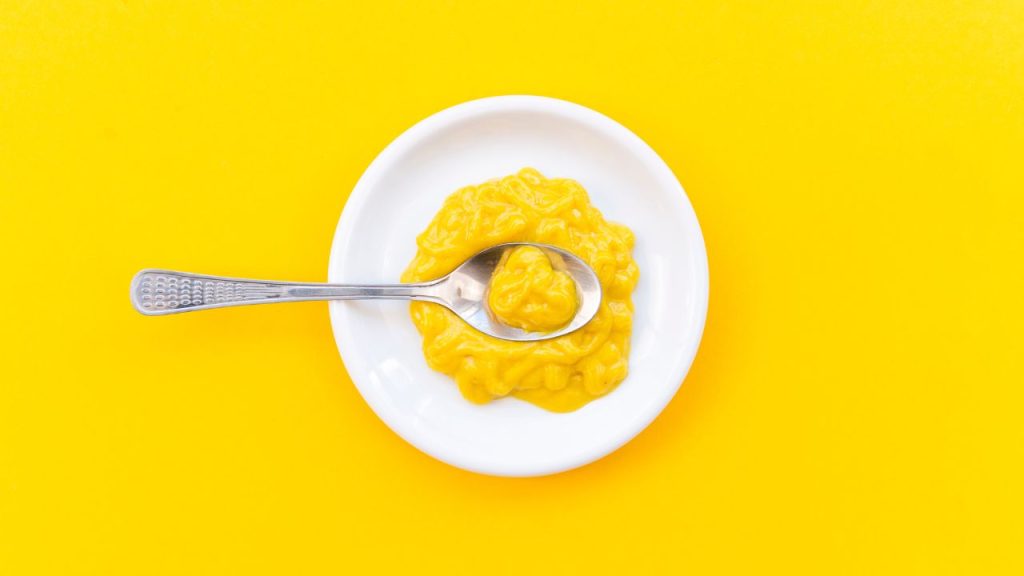
Veterinary Advice
Cats are curious creatures. They often explore new foods. One such food is mustard. People enjoy mustard on sandwiches and hot dogs. But is it safe for cats? This blog will explore whether cats can eat mustard.
${example}
Many pet owners wonder about mustard. Veterinarians advise caution. Mustard contains ingredients not suitable for cats. It has vinegar and spices. These can upset a cat’s stomach. Too much mustard can be harmful. Cats may experience vomiting or diarrhea.
Cats are obligate carnivores. Their diet should include mainly meat. Mustard offers no nutritional benefit. It is best to avoid giving cats mustard.
Mustard contains compounds called glucosinolates. These compounds can be toxic to cats. They may cause digestive issues. In large amounts, they can be dangerous. Mustard seeds are especially risky. They can cause more harm than the condiment.
Signs Of Mustard Toxicity
If a cat eats mustard, watch for symptoms. Common signs include vomiting and diarrhea. Cats may also experience stomach pain. Drooling can occur in some cases. If symptoms are severe, see a vet immediately. Early treatment is important for recovery.
Instead of mustard, offer safe foods. Cooked chicken or fish is are good option. Cats also enjoy small pieces of cheese. Always ensure the food is plain. No spices or sauces should be added. Plain foods are safer and healthier.
Frequently Asked Questions: Can Cats Eat Mustard?
Is Mustard Safe For Cats To Eat?
Mustard is not safe for cats. It can cause stomach upset and other digestive issues.
What Happens If A Cat Eats Mustard?
Eating mustard may lead to vomiting, diarrhea, or other digestive problems. It’s best to avoid it.
Why Is Mustard Harmful To Cats?
Mustard contains compounds that irritate a cat’s digestive system. Cats may experience discomfort or illness.
Can Mustard Cause Allergies In Cats?
Yes, mustard can cause allergic reactions. Symptoms include itching, swelling, or difficulty breathing.
What Should I Do If My Cat Eats Mustard?
Consult your vet immediately. They can provide guidance and monitor for any adverse reactions.
Conclusion
Cats should avoid mustard for their safety. Small licks may not harm. But mustard contains ingredients that can upset their stomach. It’s best to keep it away from your feline friend. Always offer safe cat foods. If your cat eats mustard, watch for any unusual behavior.
Consult a vet if concerned. Your cat’s health is important. Keeping harmful foods out of reach helps them stay happy. Choose snacks wisely to ensure their well-being. Your furry friend deserves the best care possible.



